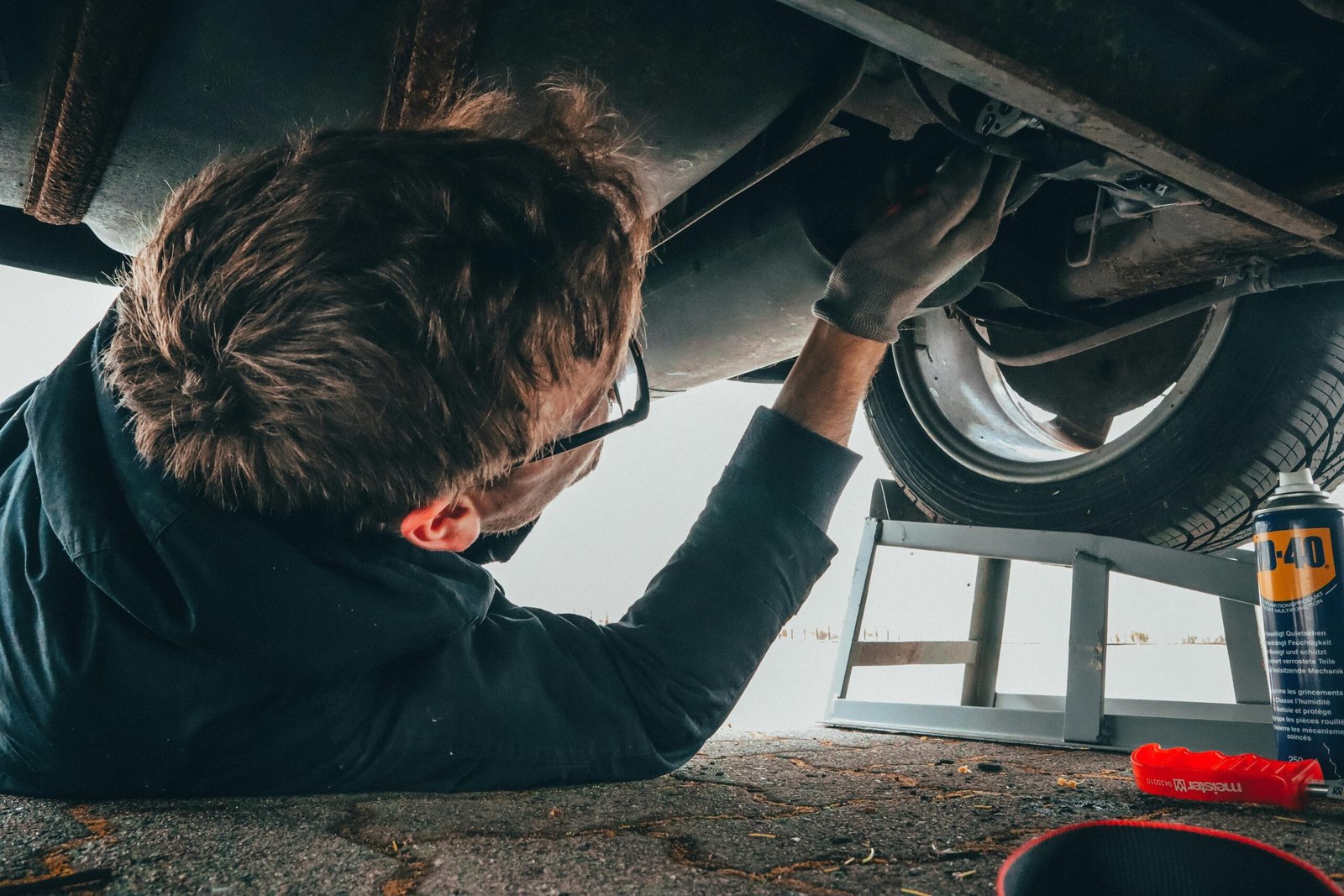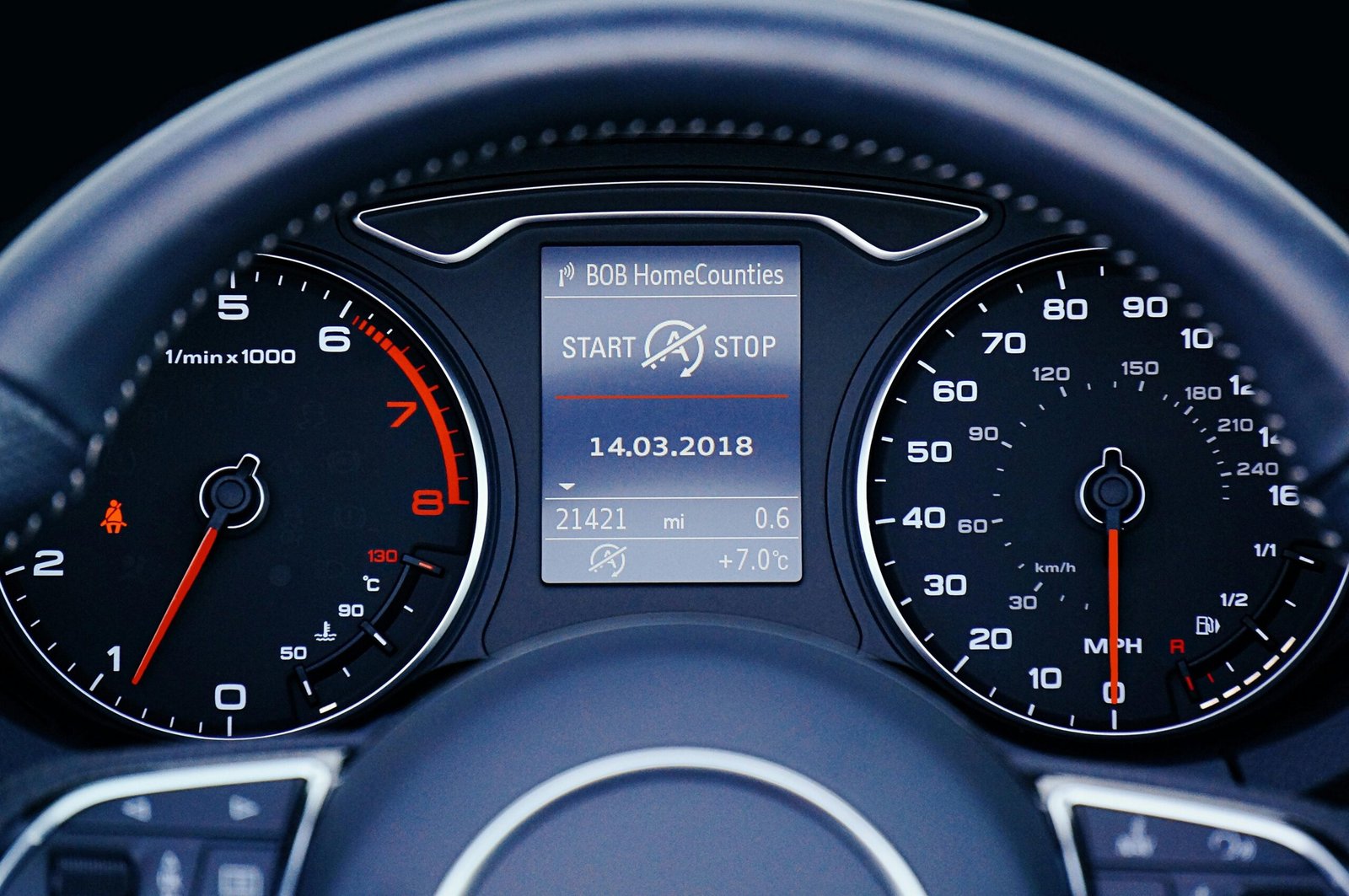Introduction
Extended coverage for cars is designed to provide additional protection for vehicle owners once the standard manufacturer’s warranty expires. These plans cover repair costs for specific parts and systems, offering financial security against unexpected repair expenses. Extended coverage is a strategic investment for those looking to maintain their vehicles in top condition without the worry of unforeseen costs. It bridges the gap between the manufacturer’s warranty and the full lifespan of the vehicle, ensuring coverage during the period when most vehicles start to experience more frequent and costly repairs.
Comparing Extended Coverage to Standard Warranties
Unlike standard warranties provided by car manufacturers, which are typically limited to a certain period or mileage, extended coverage offers prolonged protection. This extended duration is particularly beneficial as vehicles age and become more susceptible to wear and tear and mechanical issues. Standard warranties generally cover defects in materials or workmanship, whereas extended coverage can be more comprehensive, covering failures due to regular use or age.
Benefits of Extended Car Coverage
Financial Security and Peace of Mind
One of the primary benefits of extended car coverage is the financial security it provides. It covers the costs of major repairs and parts replacements, which can be significantly expensive as the car ages. This coverage ensures peace of mind, knowing that unexpected repairs will not lead to substantial out-of-pocket expenses. It’s particularly valuable for those who rely heavily on their vehicles for daily commuting or business purposes, where unexpected downtime can have significant personal or financial repercussions.
Additional Perks and Services
Many extended coverage plans come with additional benefits such as roadside assistance, rental car reimbursement, and trip interruption services. These extras add value to the coverage plan, enhancing the overall vehicle ownership experience. Roadside assistance can be invaluable in case of a breakdown, while rental car reimbursement ensures that you remain mobile even when your car is in the shop. Trip interruption services can cover lodging and food expenses if a breakdown occurs far from home, adding an extra layer of convenience and security.
Choosing the Right Extended Car Coverage
Factors to Consider
When selecting extended car coverage, consider factors such as the scope of coverage, deductibles, coverage limits, and the reputation of the provider. It’s also important to assess your vehicle’s age, model, and condition, as these can influence the type of coverage that’s most suitable for you. Additionally, consider how long you plan to keep your vehicle, as this can impact the cost-effectiveness of the extended coverage. If you’re planning to keep the car for several years beyond the expiration of the factory warranty, extended coverage can be a wise investment.
Comparing Different Plans and Providers
It’s advisable to compare different plans and providers to find the coverage that best suits your needs and budget. Look for plans that offer a balance between comprehensive coverage and reasonable costs, and always read the fine print to understand exclusions and limitations. Some providers may offer more flexible terms, such as the ability to choose your repair shop or to include additional components in the coverage. It’s essential to understand the claims process and customer service reputation of the provider as well, as these factors can greatly influence your experience in the event of a claim.
Types of Extended Car Coverage
Manufacturer’s Extended Warranties
These warranties are offered by car manufacturers and typically include coverage that aligns closely with the original factory warranty. They often provide the convenience of getting repairs done at authorized dealerships with original parts. Manufacturer’s extended warranties usually assure that repairs will be done by trained technicians with a high level of expertise in your specific vehicle model. However, they might be more expensive compared to third-party options and can be less flexible in terms of coverage options and repair locations.
Third-Party Extended Warranties
Third-party providers offer more varied and sometimes more affordable options than manufacturer warranties. These plans can offer greater flexibility in terms of repair locations and might include additional coverage options not offered by manufacturers. They might also provide more customizable plans, allowing you to tailor coverage to your specific needs and budget. However, it’s important to thoroughly research third-party providers, as their reliability and service quality can vary significantly.
Customized Coverage Plans
Some providers offer the ability to customize coverage plans to fit specific needs. This option is ideal for those who require tailored coverage, focusing on particular vehicle parts or types of repairs. Customized plans can be particularly beneficial for older vehicles, high-mileage cars, or models known for specific mechanical issues. These plans allow you to focus your investment on the areas of greatest concern, potentially saving money compared to more comprehensive plans that cover systems or components unlikely to require repairs.
Frequently Asked Questions (FAQ)
What does extended car coverage typically include?
Extended car coverage often includes major mechanical parts like the engine, transmission, and electrical systems. However, coverage varies significantly between plans and providers. Some plans might also cover high-tech components, air conditioning, or suspension parts.
How does extended car coverage differ from car insurance?
While car insurance primarily covers damage from accidents, theft, and natural disasters, extended car coverage focuses on mechanical repairs and maintenance. Extended coverage is designed to handle the costs associated with mechanical failures and wear-and-tear, not collision or environmental damage.
Can extended coverage be purchased for used cars?
Yes, many providers offer extended coverage plans for used cars, although the cost and terms might differ from those for new cars. It’s important to note that the age and mileage of the car can affect the availability and price of the coverage.
What should I look for in a good extended car coverage plan?
Look for a plan with clear terms, comprehensive coverage, reasonable deductibles, and a reputable provider with positive customer reviews. Ensure that the plan is cost-effective and suits your specific needs, including flexibility in choosing repair facilities and responsive customer service.
Conclusion
Extended car coverage is a valuable investment for those seeking long-term protection and financial security for their vehicles. By understanding the types of coverage available, assessing your specific needs, and carefully choosing a provider, you can ensure that your car remains in good condition without the burden of unexpected repair costs. Remember to consult the FAQ section for any additional queries and choose a plan that aligns with your vehicle’s needs and your personal budget. With the right extended coverage, you can enjoy a more secure and worry-free driving experience, safeguarding your investment in your vehicle for years to come.




